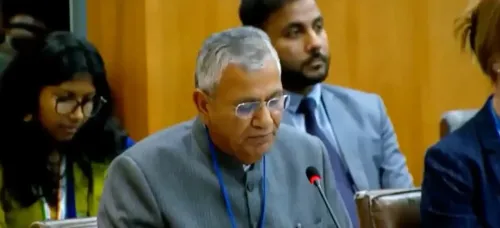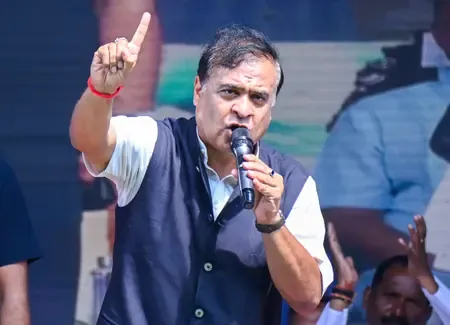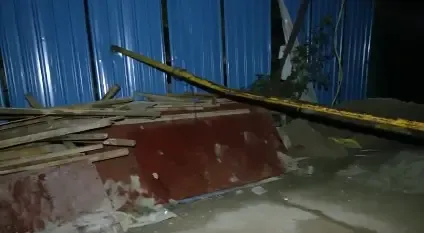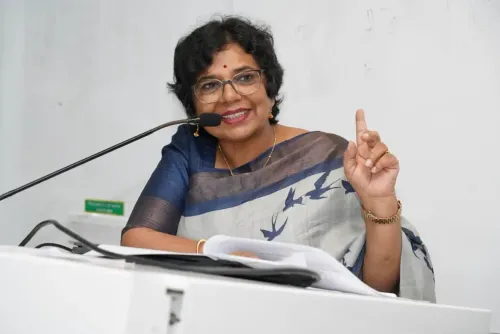Has the Calcutta HC Ordered the Centre to Launch the 100-Day Job Scheme in Bengal from August 1?
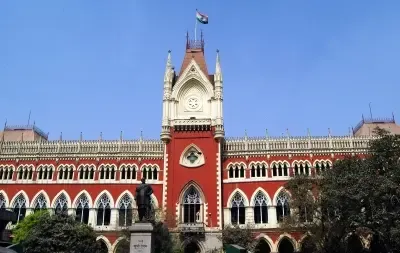
Synopsis
Key Takeaways
- Calcutta High Court mandates implementation of the 100-day job scheme from August 1.
- Union government authorized to monitor and ensure anti-corruption measures.
- Fund disbursement will be directly credited to beneficiaries' bank accounts.
- Ongoing investigations into past corruption claims are authorized.
- Ruling reflects the need for transparency in government schemes.
Kolkata, June 18 (NationPress) The Calcutta High Court on Wednesday instructed the Union government to initiate the implementation of the 100-day job scheme under the Mahatma Gandhi National Rural Employment Guarantee Act (MGNREGA) in West Bengal starting from August 1 without any delays.
In issuing this directive, the division bench comprising Chief Justice T.S. Sivagnanam and Justice Chaitali Chattopadhyay granted the Union government the authority to impose any necessary conditions on the West Bengal government to ensure effective implementation of the 100-day job scheme, aimed at curbing corruption.
The Court also permitted the Centre to transfer funds directly to the bank accounts of beneficiaries as needed.
Furthermore, the Union government has been authorized to oversee the implementation process to mitigate future corruption and to investigate prior allegations of corruption.
This directive arose from a petition lodged by the Paschim Banga Khet Mazdoor Samiti (West Bengal Agricultural Workers’ Forum), which accused the Centre of failing to disburse funds for the 100-day job scheme. Senior advocate and CPI-M Rajya Sabha member Bikas Ranjan Bhattacharya represented the forum.
In a related matter, the Leader of the Opposition in the Assembly, Suvendu Adhikari, has also approached the Calcutta High Court, alleging significant irregularities in the execution of the 100-day job scheme in West Bengal.
The ruling Trinamool Congress party has been vocal against the Union government concerning the non-release of central funds under the MGNREGA scheme over the past three years. Conversely, the Union government and the BJP contend that the cessation of funds is due to widespread corruption in the implementation of the scheme previously.
Inspection teams from the Union government have conducted field visits across various districts in West Bengal in recent years to investigate the corruption claims related to the scheme.

